Alphabet Recognition Alphabet Worksheets for 8-Year-Olds - Page 2
39 filtered results
-
From - To
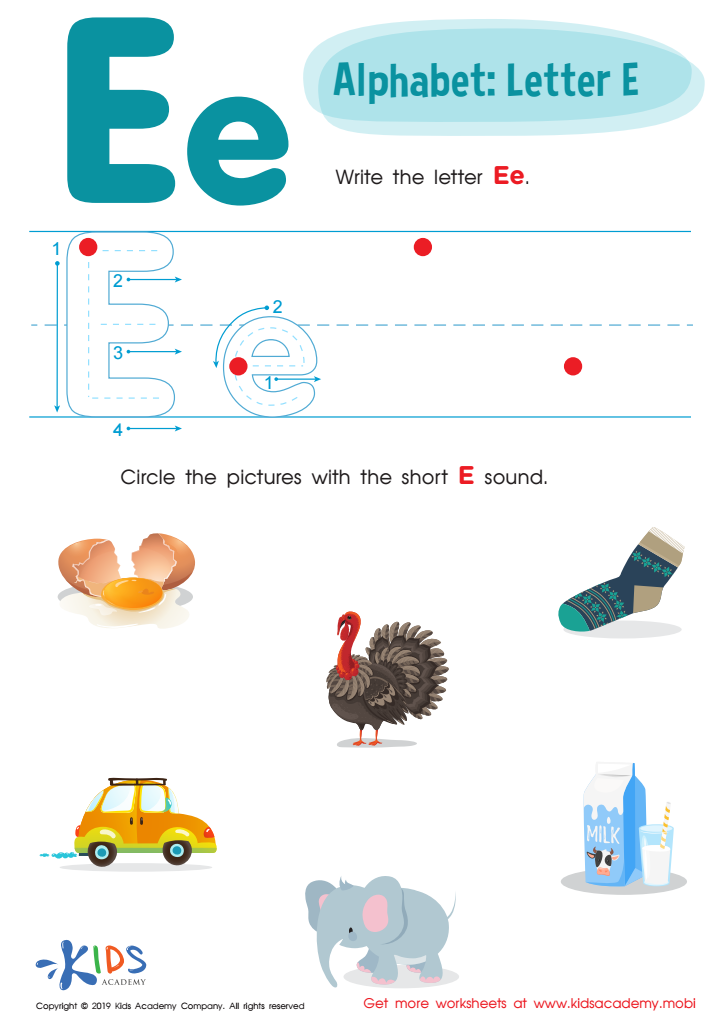

Letter E Tracing Worksheet
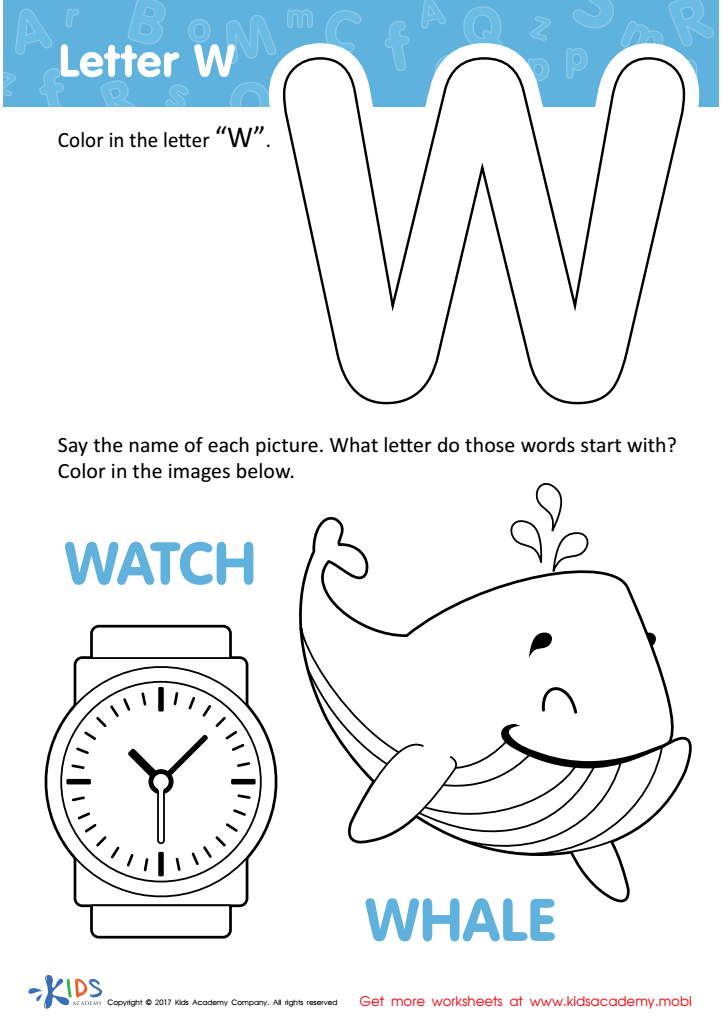

Letter W Coloring Sheet
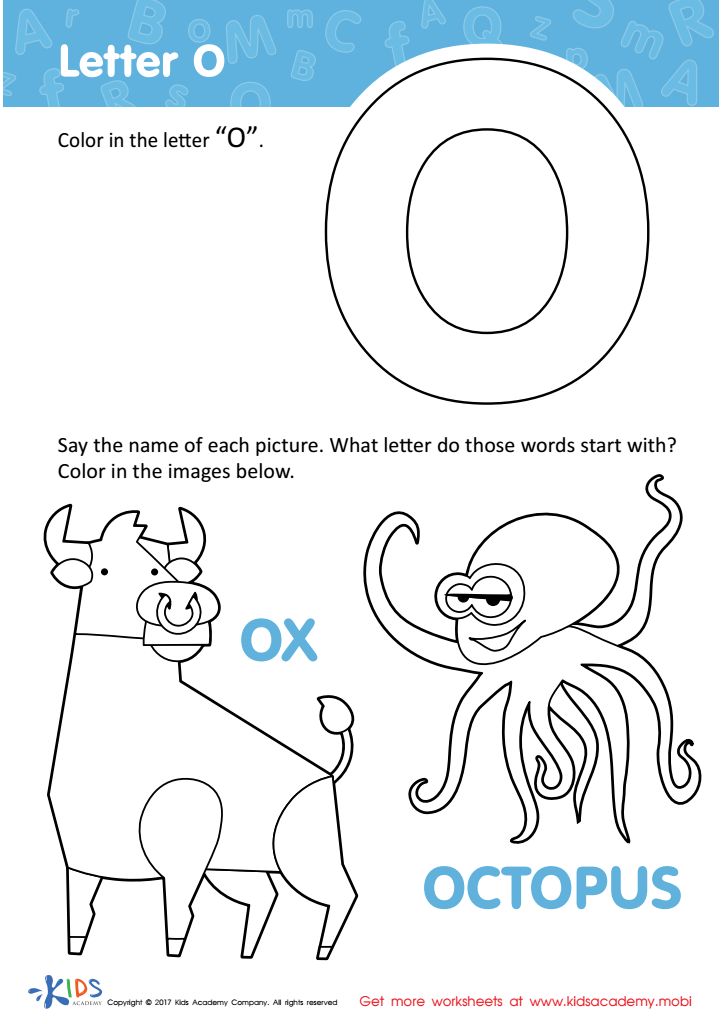

Letter O Coloring Sheet
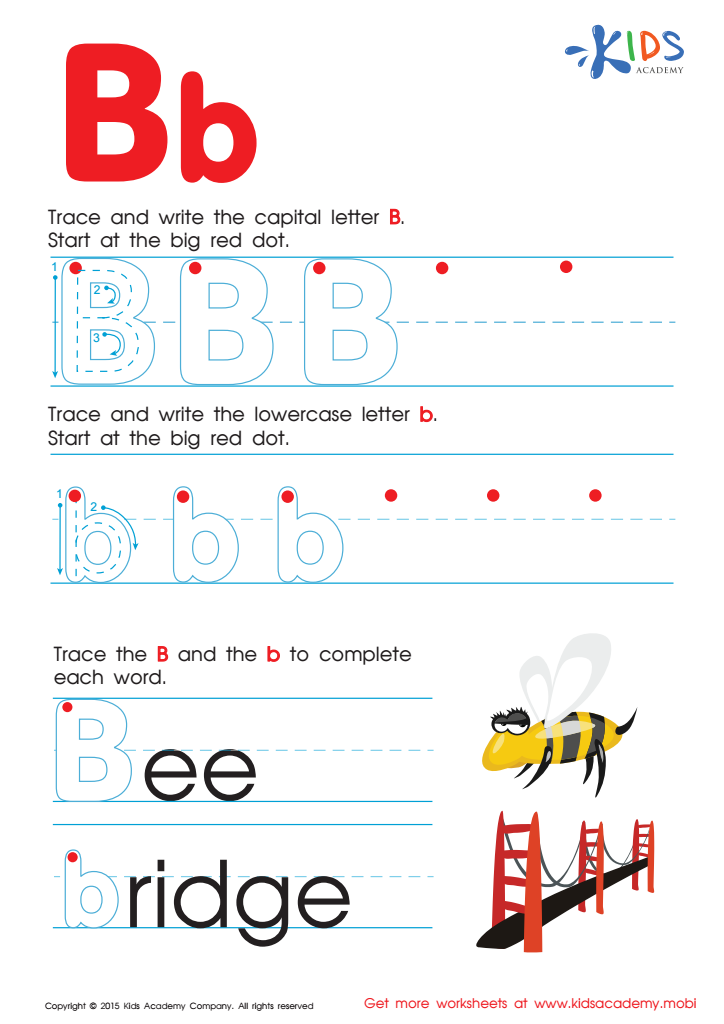

Letter B Tracing Page
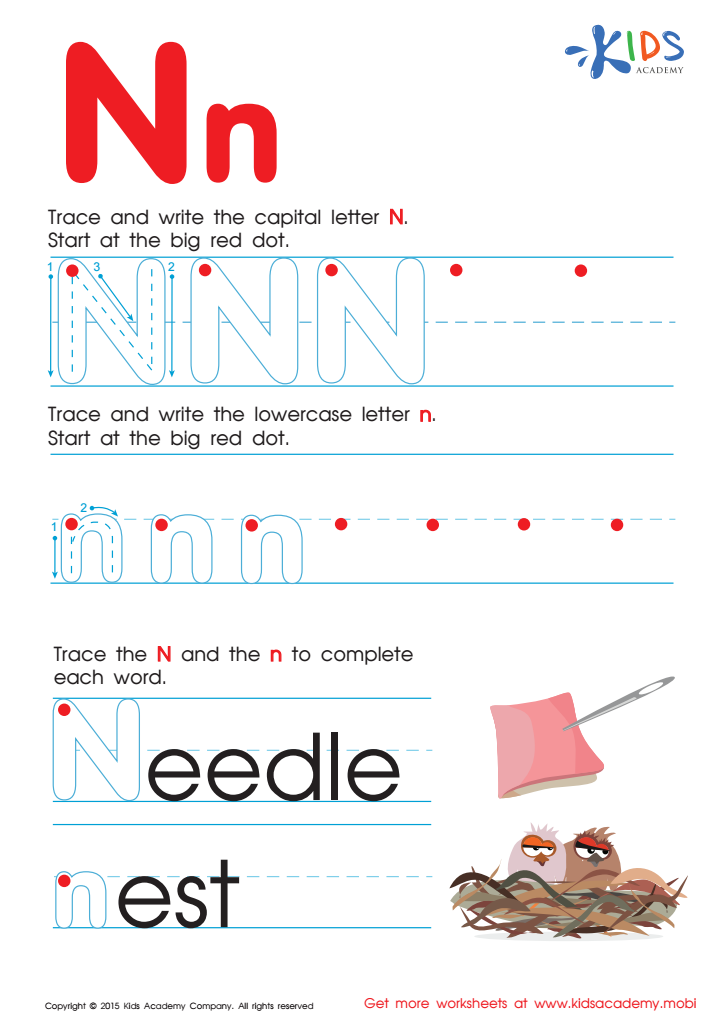

Letter N Tracing Page
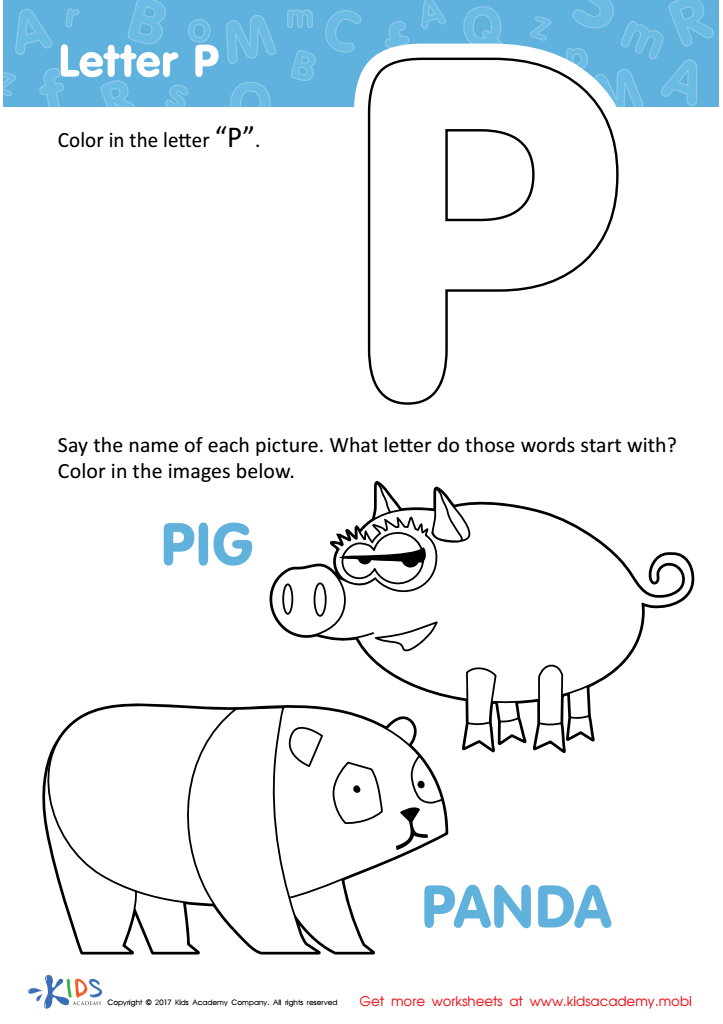

Letter P Coloring Sheet
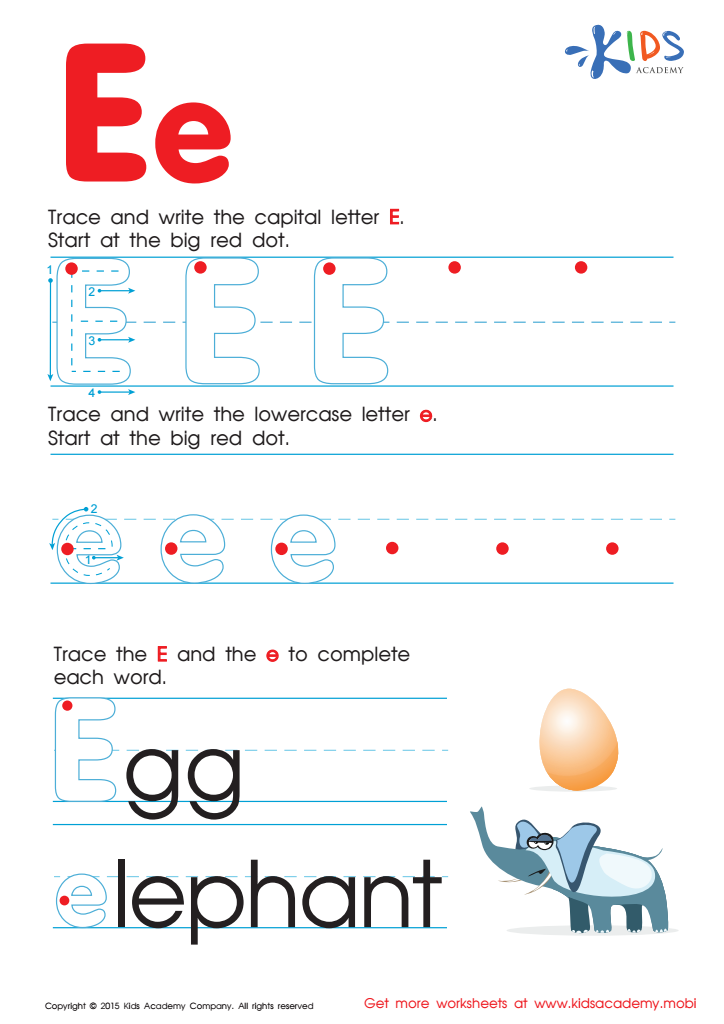

Letter E Tracing Page
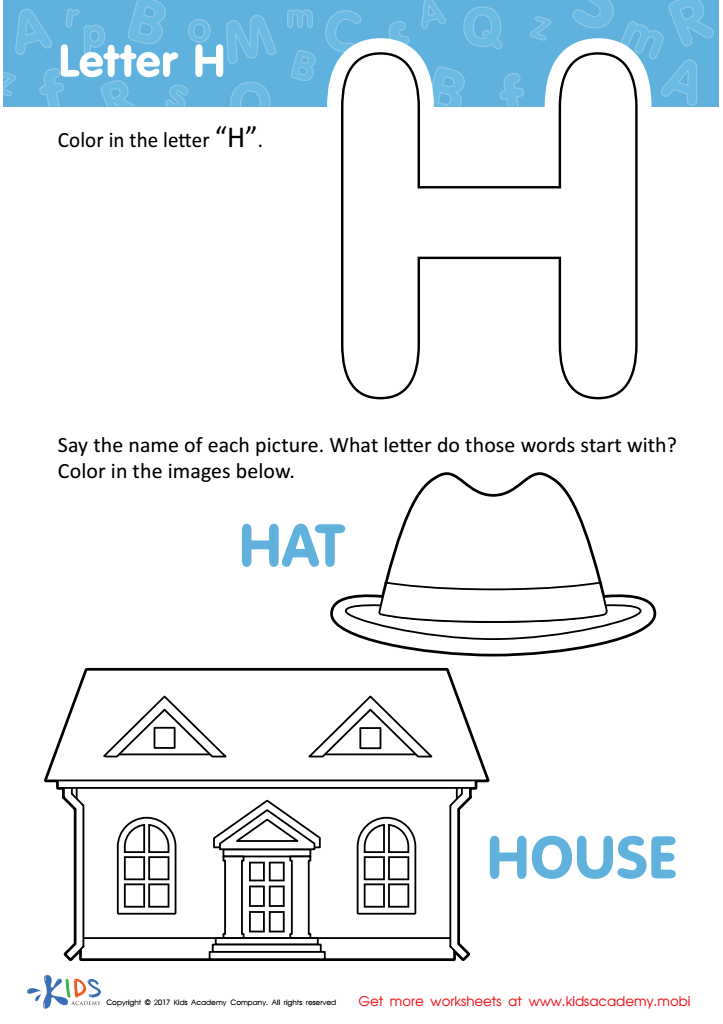

Letter H Coloring Sheet
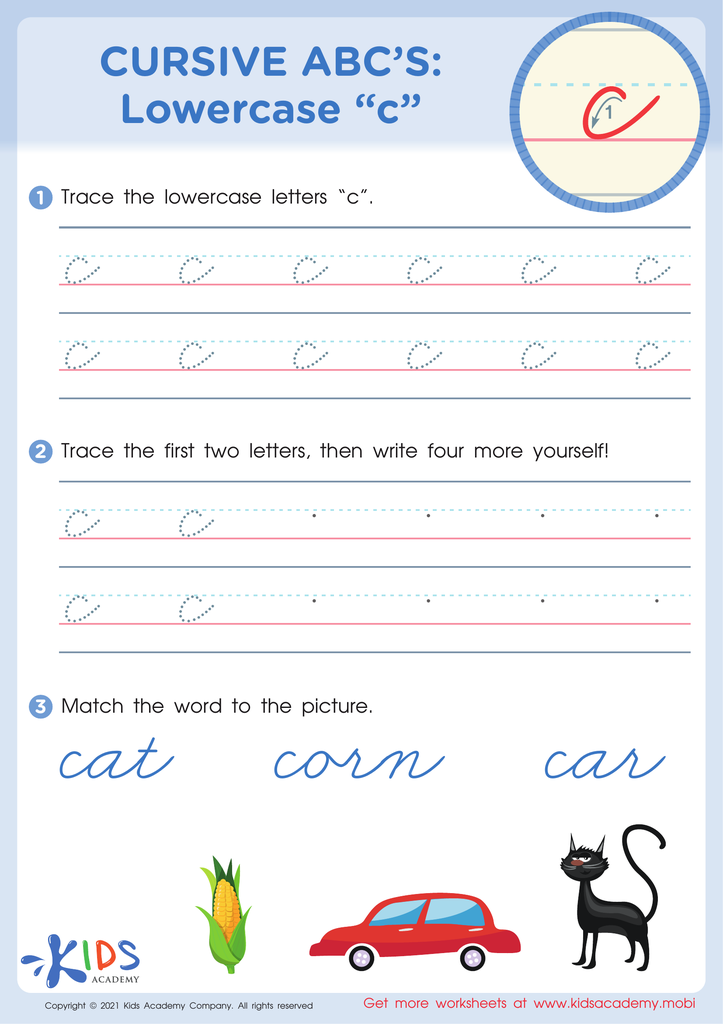

Cursive ABCs: Lowercase c
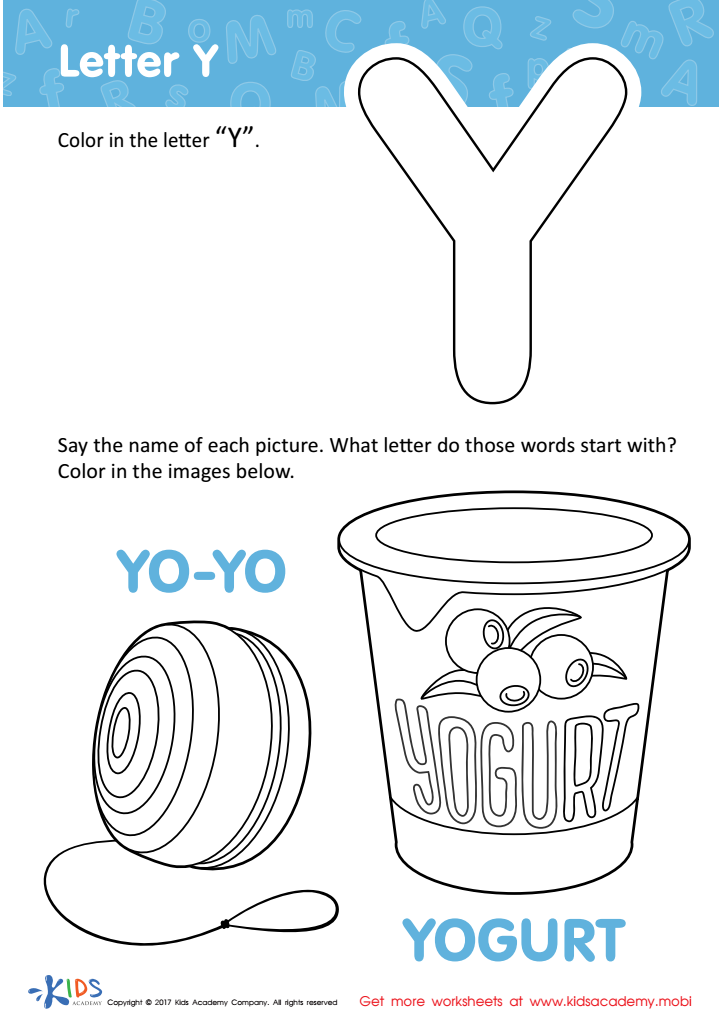

Letter Y Coloring Sheet
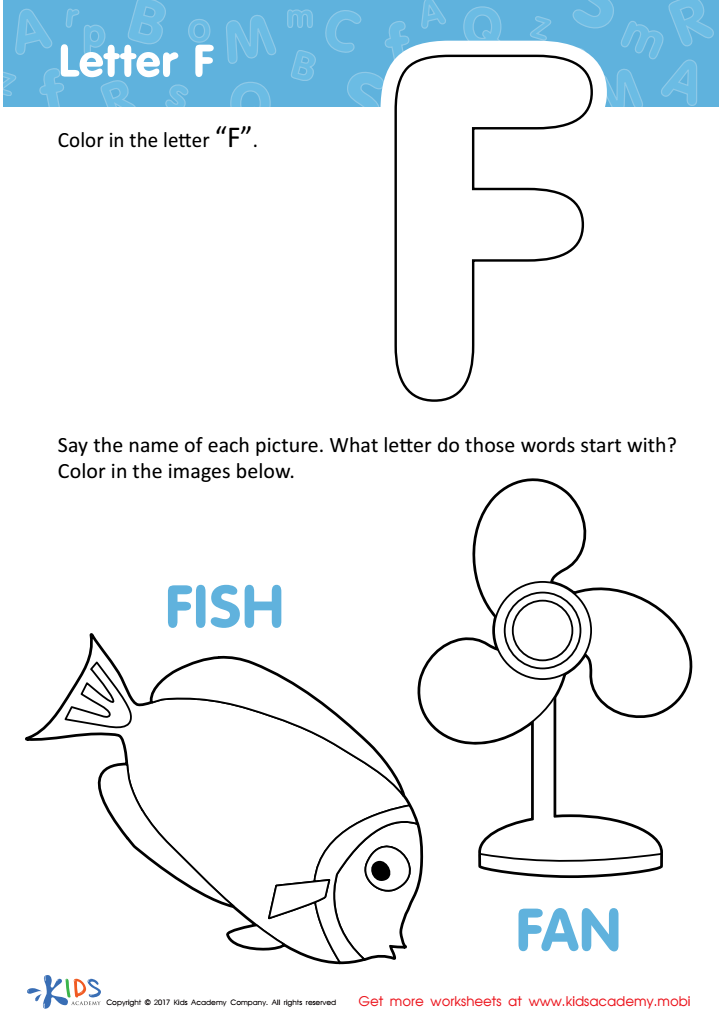

Letter F Coloring Sheet
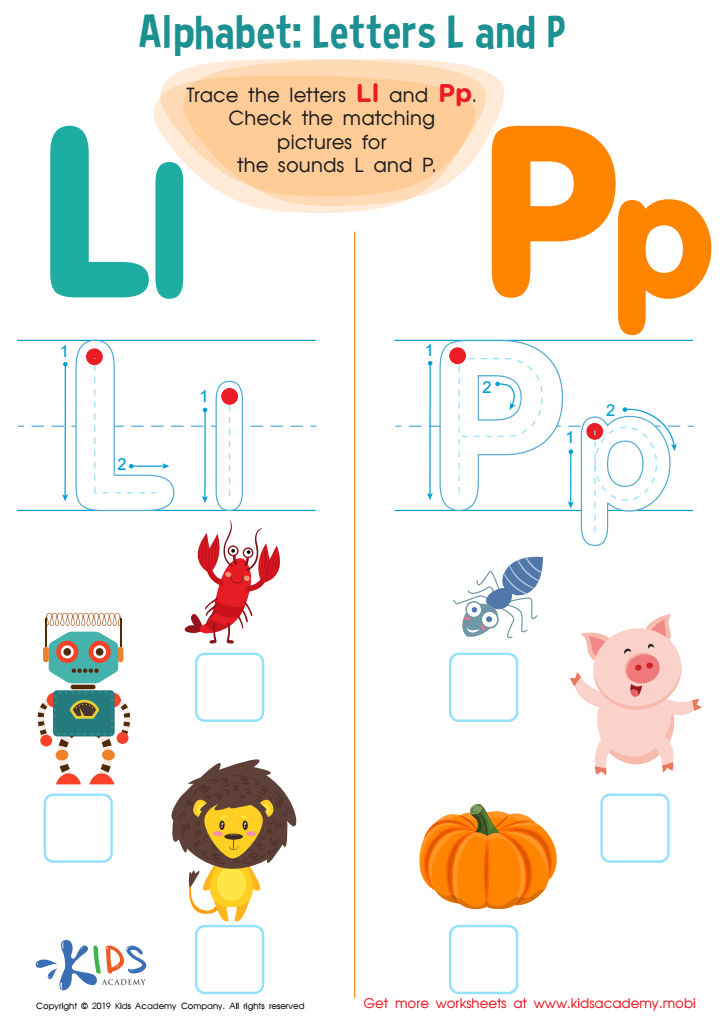

Letter L and P Tracing Worksheet
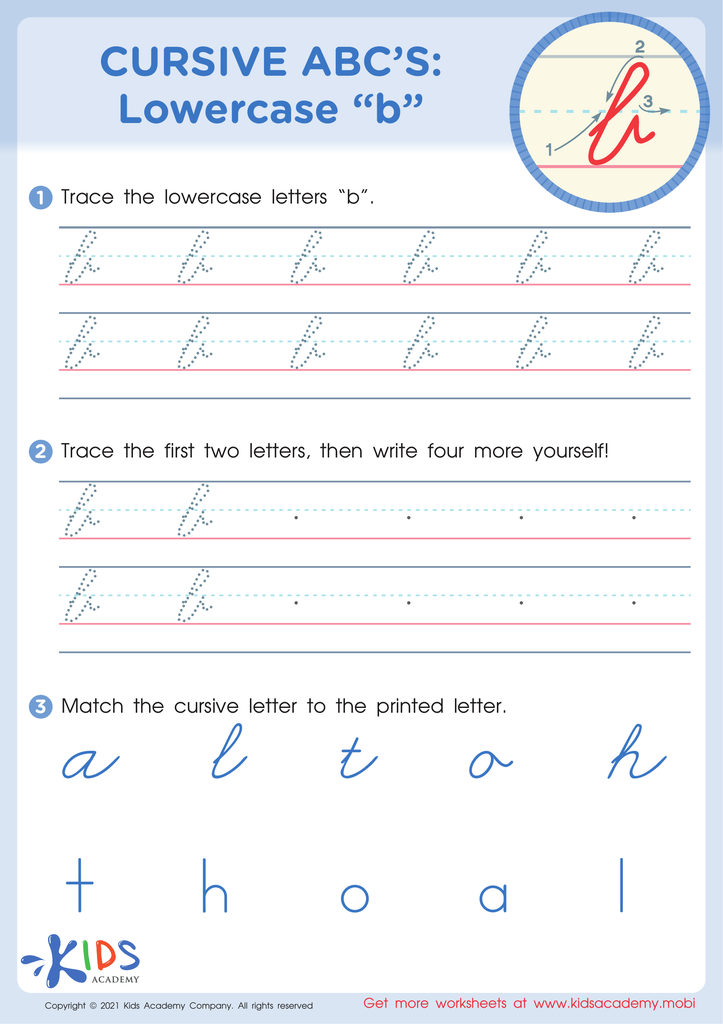

Cursive ABCs: Lowercase b
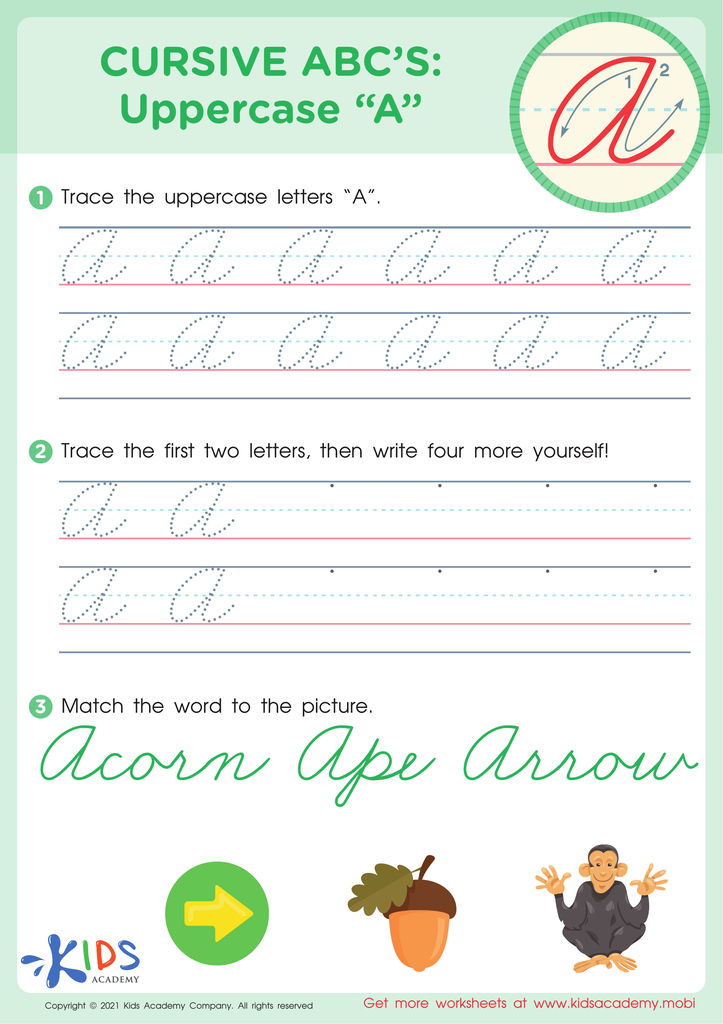

Cursive ABCs: Uppercase A
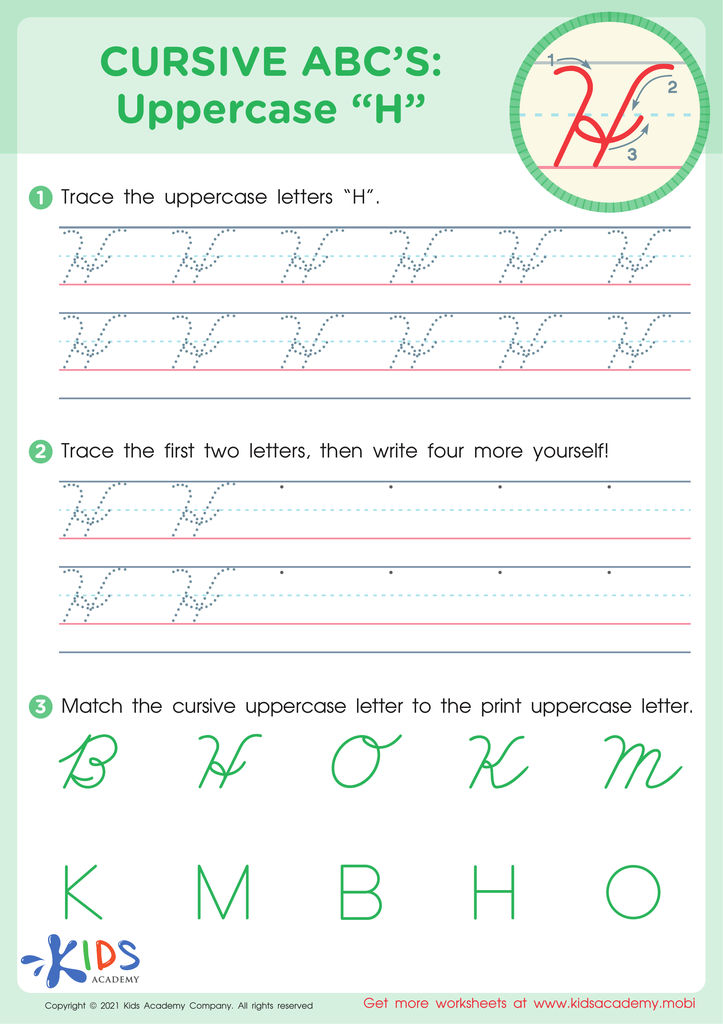

Cursive ABCs: Uppercase H
Alphabet recognition is fundamental for 8-year-old children as it forms the cornerstone of literacy development. By this age, children are typically transitioning from learning to read to reading to learn. Knowing the alphabet is a crucial stepping stone in this process. When children can recognize letters, they can begin to connect them with corresponding sounds (phonemic awareness). This skill is vital for decoding words, which subsequently enhances their reading fluency and comprehension.
Teachers and parents need to prioritize alphabet recognition because it directly impacts a child’s ability to succeed in academics. Strong literacy skills are linked to better performance across all subjects, from science to social studies. Moreover, early literacy difficulties can lead to long-term educational challenges, affecting a child’s confidence and attitude toward learning.
Beyond academics, literacy is essential for everyday life. Reading signs, instructions, and eventually engaging with more complex texts involves robust letter recognition skills. Encouraging consistent practice in a fun and engaging manner—such as through games, storybooks, and interactive apps—can make a significant difference.
Overall, effective alphabet recognition aids in building a solid foundation for lifelong learning, ensuring that children are equipped with critical skills needed for future success. Teachers and parents play a vital role in fostering this essential ability.
 Assign to My Students
Assign to My Students















